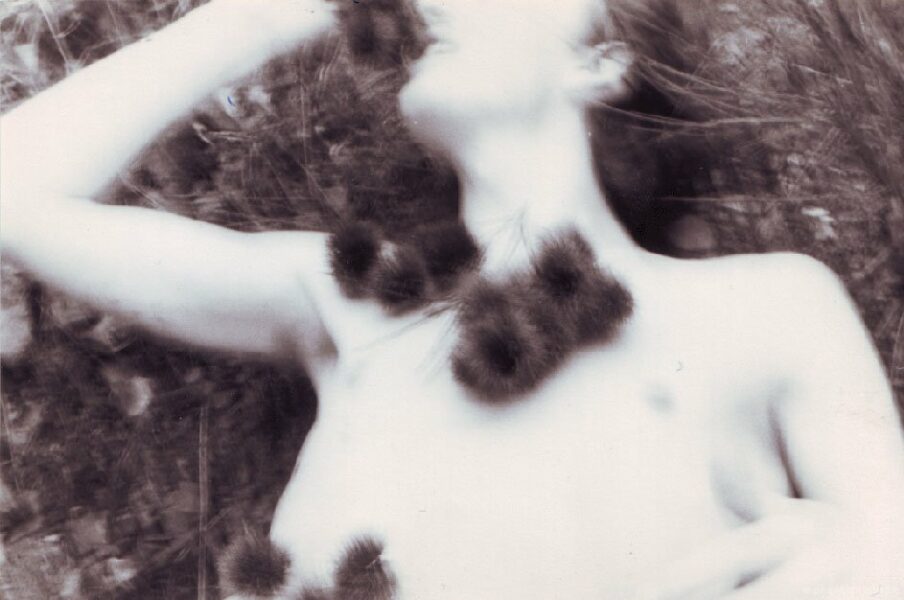André Almuró,
a radical homosexual cinematography
Friday, December 7, 2007 at 8:30pm
Maison Populaire de Montreuil
Free admission
In the presence of André Almuro.
With Jean-Luc Guionnet, the inventor of a haptic cinema, a cinema of touch, where the camera, guided not by the eye but by the arm alone of the actors both filming and filmed, penetrates sensorially to the heart of the bodies and arrangements of his desire, the super-8 cinema of André Almuró, who also composes electroacoustic music, is certainly one of the most accomplished researches into a specifically masculine and homosexual cinematographic language. The films he has been making since 1978, in the shimmering minerality of skin, in the sculptural quiver of encounter, constitute a unique experience of organic vision.
“Between two men, a cinema of orgasm and desire on the verge of syncopation, an attempt to reconcile the enjoyment of the body with the enjoyment of the act of filming, an attempt that is somehow “impossible” but oh so fascinating and worthy of the highest interest, because it stems from the greatest risk, that of life itself” Christian Lebrat

André Almuró, born in 1927 and after initial sound research in 1947, became a radio producer at Radiodiffusion Française (RDF) in 1950. He composed to texts by Jean Cocteau, Pablo Picasso, Eugène Ionesco, Jean Genet, Julien Gracq, Jules Supervielle and the piece Fièvre de marbre for Maurice Béjart’s ballet. In 1957, the year he met the young Pierre Clémenti, whose Pygmalion he was for a time, he joined ORTF’s Groupe de recherches musicales. From 1973, he taught at the Paris I Sorbonne University. In 1976, he presented his first performance Partition with Ange Leccia, and founded the group Son-Image-Corps with his students. In 1978, he made his first film, Cortège (music by Ph. Jubard), which was followed by more than 30 others, and soon turned to deliberately haptic cinema. In 2002, he published L’œil Pinéal, Pour une cinégraphie (Paris-Experimental).
Films shown :
Cortège (1978, 34’)
Alliage (1985, 21’)
Point Vélique (1986, 7’)
Corps intérieur (1988, 8’)
Textes et programmation : Kantuta Quirós & Aliocha Imhoff